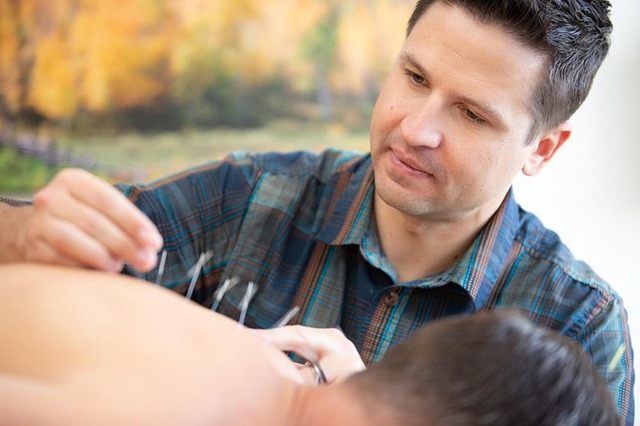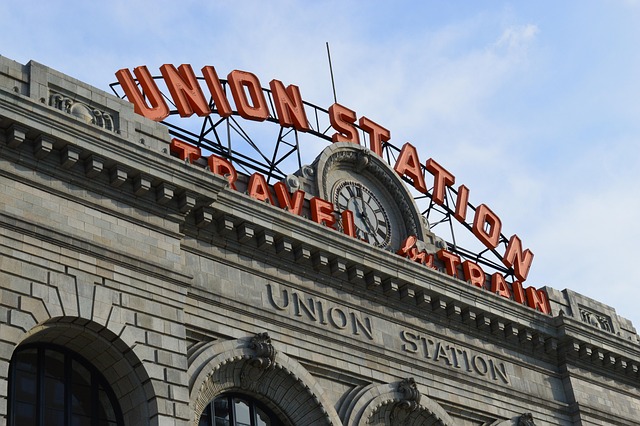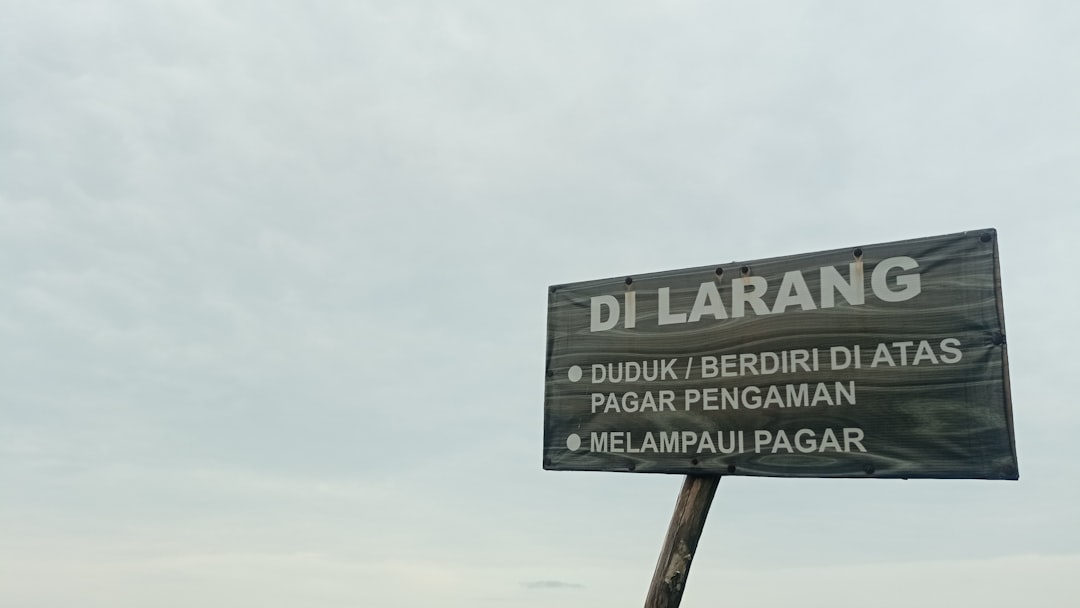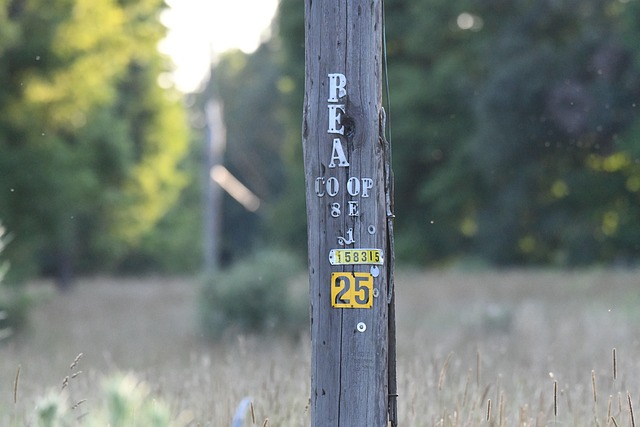Denver's extensive public Wi-Fi network connects residents and visitors, enhancing city appeal. Mapping access points facilitates navigation and access to services like rape lawyers Denver CO without geographical restrictions. While convenient, free public Wi-Fi raises privacy and security concerns, requiring compliance with state and federal regulations. Denver uses advanced software and crowd-sourced data to map all public Wi-Fi access points, prioritizing user data protection. This initiative equips planners and residents with insights to enhance digital connectivity infrastructure, fostering inclusion and bridging the digital divide in underserved communities.
“Discovering Denver’s Digital Fabric: Mapping Public Wi-Fi Access Points explores the city’s evolving wireless landscape. From understanding Denver’s unique Wi-Fi ecosystem to navigating legal considerations, this article delves into the importance of mapping public access points.
We examine how these efforts enhance connectivity, foster innovation, and address digital divides. Moreover, we discuss challenges faced by cities like Denver and highlight future prospects inspired by successful initiatives. For a better understanding, relevant SEO keywords such as ‘rape lawyers Denver CO’ are seamlessly integrated.”
Understanding Denver's Wi-Fi Landscape

Denver, a vibrant metropolis known for its bustling streets and diverse communities, boasts an extensive network of public Wi-Fi access points. Understanding this digital landscape is essential, especially in today’s digitally connected world. From parks and libraries to cafes and transportation hubs, Denver offers ample opportunities for residents and visitors alike to stay connected. This accessibility not only enhances the city’s appeal but also enables individuals to tap into various services, including important resources provided by rape lawyers Denver CO, without geographical barriers.
Mapping these access points allows citizens to navigate the city with greater ease and ensures that vital information is readily available. It’s a modern-day testament to the city’s commitment to fostering a connected community. By visualizing the Wi-Fi infrastructure, individuals can make informed decisions about their digital mobility, ensuring they stay connected while exploring the diverse corners of Denver.
Legal Considerations for Public Access Points

When mapping public Wi-Fi access points in Denver, it’s crucial to consider the legal implications, especially regarding privacy and security. While free public Wi-Fi is convenient for residents and visitors alike, it also raises concerns about data protection and potential cybercrimes. In Colorado, as in many states, there are strict laws against unauthorized surveillance and data breaches.
In terms of legal considerations, Denver’s public access points must comply with state and federal regulations, particularly those related to cybersecurity and privacy. This includes ensuring the encryption of network traffic and implementing robust security measures to protect user data. Additionally, individuals or organizations setting up such access points should be aware of their responsibilities regarding intellectual property rights and copyright infringement, as well as seeking legal counsel from reputable rape lawyers in Denver CO to navigate any potential liabilities associated with public Wi-Fi infrastructure.
Mapping Tools and Techniques Employed

In the comprehensive effort to map Denver, Colorado’s public Wi-Fi access points, a myriad of mapping tools and innovative techniques are employed. These range from specialized geospatial software that pinpoints signal strengths and network IDs, to community-driven initiatives utilizing open-source platforms for crowd-sourced data collection. The process involves scanning and logging signals from various locations across the city, often with the aid of portable devices configured as Wi-Fi scanners.
Key aspects include ensuring compliance with local regulations and privacy laws, such as those observed by rape lawyers in Denver CO, to safeguard user data during the mapping process. Once gathered, data is meticulously organized and visualized on digital maps, offering a comprehensive view of public Wi-Fi availability and accessibility throughout Denver’s diverse neighborhoods. This detailed insight aids urban planners, researchers, and residents alike in understanding and improving digital connectivity infrastructure in the city.
Benefits of Improved Wi-Fi Accessibility

Improved Wi-Fi accessibility brings numerous advantages for the residents and visitors of Denver, CO. One of the key benefits is enhanced connectivity, ensuring everyone can stay online and connected, from students working on assignments to professionals conducting remote business. This is especially beneficial in a city like Denver with its vibrant culture and diverse neighborhoods, where people frequently visit cafes, parks, and public spaces, all of which can be transformed into hotspots with better Wi-Fi infrastructure.
Moreover, enhanced Wi-Fi accessibility encourages digital inclusion, bridging the gap between those who have reliable internet access and those who struggle to stay connected. This is particularly relevant in light of the ongoing legal battles involving rape lawyers in Denver CO, where access to online resources can be crucial for victims seeking support and justice. By mapping and improving public Wi-Fi access points, the city can ensure that everyone has the opportunity to participate fully in the digital age.
Challenges and Future Prospects for Denver

Denver, like many urban centers, faces challenges in expanding and improving its public Wi-Fi infrastructure. One significant hurdle is ensuring equitable access for all residents, particularly in underserved communities. The digital divide persists, with some neighborhoods lacking robust Wi-Fi coverage, hindering educational opportunities and digital inclusion. This disparity can be attributed to various factors, including investment gaps, urban planning decisions, and the uneven distribution of resources.
Looking ahead, Denver has an opportunity to transform its public Wi-Fi landscape by adopting innovative solutions and leveraging technology. Smart city initiatives could play a pivotal role in mapping and managing access points more efficiently. By integrating advanced data analytics and community feedback, the city can identify areas with unmet needs and deploy resources effectively. Additionally, exploring partnerships with local businesses and rape lawyers Denver CO can foster public-private collaborations to fund and maintain Wi-Fi infrastructure, ultimately bridging the digital divide and creating a more connected future for all Denvers.






